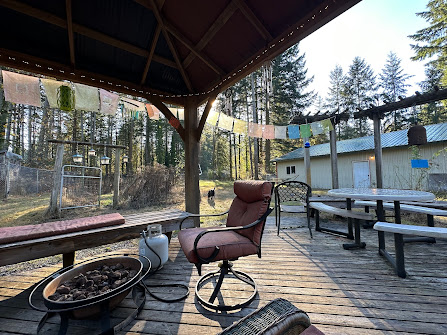Where are the press gangs?

So here we are again and I'm getting warmed up for writing. Today I'll try to get something done on the story. I haven't worked on it for a week or more and it feels foreign to me so I better get back to it. I'm in danger of becoming disconnected from the project in a more permanent way.
So let's get back to work. I will have to reread the last parts to see where I am. I wrote a note about where it might go, I'll have to find it. If I remember accurately, possibilities were opening up as to where the story could go.
The last thing I wrote was about Gene going to sleep on the couch and having a dream where he's acting out a scene in which his character is watching the lead struggle with a question of closeness in a relationship. Gene asks the assistant director if the lead's reaction was believable. In the end, he goes ahead and acts out his part.
This part just popped into my mind as I was trying to think about how to transition into the visitation scene and as I wrote it I thought I should have used this device more often in the story. It would be perfect to show his growing self-awareness of his emotional distance from his family and other people.
I'm dragging this out because my mind is all over the place. I went off to look for an article I sent myself last night about what causes "Chills" when you listen to music. After looking it over, I think in some cases it may be right. The article was about the use of the musical ornament called the appoggiatura. A dissonant note played just before going up a half step to the consonant note at the end of a line. I believe that's how you describe it. They gave examples and of Susan Boyle and Adele songs that produced chills or frisson and that contained the appoggiatura.
While I can see how it works, it doesn't explain all examples of the phenomena, to me. In some ways, it comes close though. The trick is turned when there is cognitive or emotional dissonance that is resolved without warning.
For example, in writing, if I write a sentence that is supposed to be the payoff to a point and I obscure the meaning until the very end and using some trick and then, flip the card and make the meaning clear.
***
A servant man entered the darkened study carrying a box wrapped in butcher paper and tied with string and set it on a table beside a man in a chair reading the evening news.
"This was just delivered for you, sir. The man said not to open it too soon." The servant said.
"Was it the postman?" The man lowered his newspaper and looked with annoyance at the servant.
"No, sir. I didn't recognize him."
"Did he say what it was about? I mean, he left the package and said not to open it?"
"Too soon, sir." The servant said.
"What?"
"He said not to open the package too soon. That's what the man said. He didn't say much else. Only that I was to bring it you immediately and just set it on a table and wait for it."
"Wait for it? Wait for it to what? What did this man look like?" The man laid his paper down on his lap.
"Common, sir. He was dressed like a worker. I couldn't say what kind. He was sweating something fierce. He looked nervous."
"Is he still there? I'd like to have a word with him." The man started to lay his paper aside.
"No, sir. The fellow took off running as soon as he gave me the package and said what he had to say."
The seated man looked up in alarm now and his head jerked around to look at the thing sitting on the table next to him.
He stood up to get a better look at the package and heard a muffled click from within the box. This was followed by a dulled fizzing sound from inside and a wisp of black smoke curled out of a loose corner in the paper wrapping.
The man's eyes focussed on the label on the top of the package addressed simply with his name and above it and to the left where there was usually a return address was the word "Hell" and the package exploded
***
That wasn't what I was looking for in that exercise. To work, the reader must come to the right conclusion at the last moment of the sentence as a surprise. Everything leading up to it must give no clue as to what is to come. When thinking back on the sentence or paragraph, it must be clear at last but ambiguous in the first reading.
I need to get on with things and keep thinking about a way to write that type of sentence.
More later,


Comments
Post a Comment